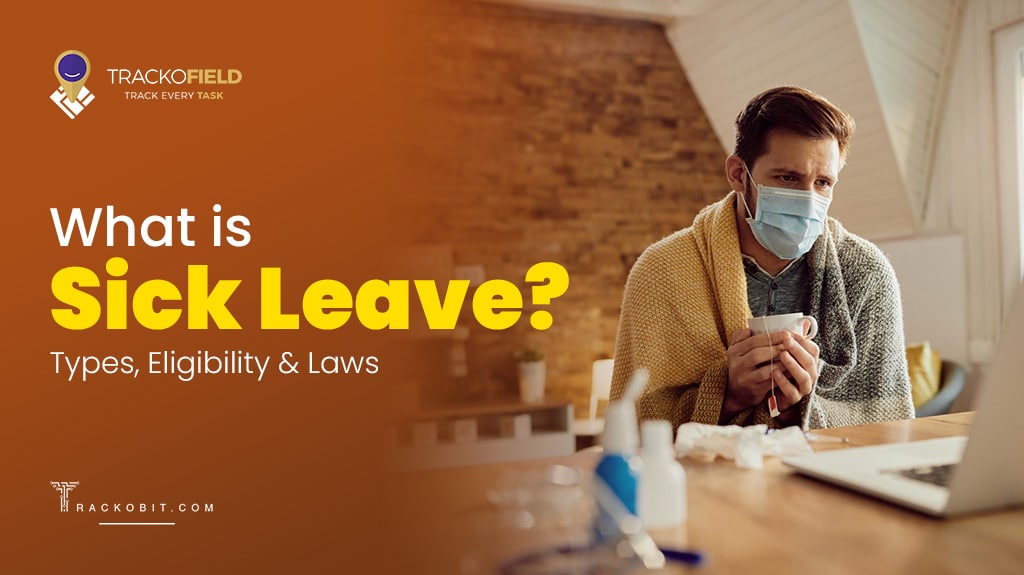Sick leave is an essential employee benefit that allows individuals to take time off from work due to illness or injury. It is a critical component of workforce health and well-being, providing employees the opportunity to recover without the stress of job loss. Sick leave can be viewed as a safety net, ensuring individuals do not feel pressured to attend work while unwell, which could exacerbate their condition or pose a risk to their colleagues. To back this leave, healthcare professionals can issue sick certificates which serve as legal documentation proving an employee’s need for absence due to health-related issues.
Understanding Sick Certificates
Sick certificates are formal documents provided by healthcare professionals, such as doctors, pharmacists, or nurse practitioners. These certificates usually include key details like the provider’s information, the date of examination, and the recommended duration of the employee’s sick leave. They not only validate the employee’s condition but also help employers manage their workforce effectively during periods of employee absence. For further information about sick certificates, you can visit OnCare Health.
The Framework of Sick Leave in Australia
Sick leave is governed by the National Employment Standards (NES) under the Fair Work Act 2009, which provides minimum employment standards for workers in Australia. Within this framework, employees are entitled to a specific number of sick leave days each year, which is important for recognising the rights of workers. Sick leave can be taken for various reasons, including genuine health concerns and unexpected medical emergencies.
How to Apply for a Sick Leave Certificate
When an employee wishes to take sick leave, obtaining a sick leave certificate is a crucial step. The Fair Work Ombudsman states that employers have the authority to request evidence corroborating the need for leave due to illness or injury. Many workplaces now accept online sick leave certificates, streamlining the process and making it more accessible for employees. Each organisation might have its own guidelines regarding the submission and approval of sick leave requests, but a common standard is that employers can ask for proof of illness, even for short absences. This is where securing an online sick leave certificate can be beneficial.
Accumulation of Sick Leave
Employees are entitled to accumulate sick leave, providing them with essential time off when needed. According to the NES, full-time employees receive 10 days of paid sick leave annually, while part-time employees are entitled to a pro-rata amount. This accumulation begins on the first day of employment and continues as long as the employee maintains their regular working hours. Understanding sick leave policies is crucial for effective workforce planning and personal health management.
Expiry of Unused Sick Leave
One of the common questions regarding sick leave is whether unused days expire at the end of the year. Fortunately, for employees who do not utilise their sick leave, it continues to roll over year after year. This accrual remains intact and active as long as the employee is employed, promoting a culture of health and well-being. However, sick leave does not accumulate during various unpaid leaves, such as parental leave or unpaid sick leave.
Payment During Sick Leave
When employees take sick leave, they are compensated at their base pay rate for the hours they would typically work. It’s important to note that this payment does not include bonuses, overtime, or other forms of additional compensation. Understanding the monetary aspects of sick leave can help employees make more informed decisions about their health and employment.
Extended Sick Leave
In certain circumstances, employees may need to take a prolonged absence due to serious illness or injury. In such cases, the protection from job dismissal is provided as long as the employee has not exceeded the limits stipulated. Specifically, an employee must be away for less than three consecutive months or less than three months over a twelve-month period and must still have their paid sick leave. If leave extends beyond these limits, job security may become more precarious.
The Importance of Utilising Paid Sick Leave
Taking paid sick leave is not just a personal choice; it is a critical practice that benefits both the individual and the workplace as a whole. By allowing employees the time to recover fully, businesses notice increased productivity and reduced absenteeism in the long term. Moreover, using sick leave effectively helps maintain a healthier workplace by minimising the spread of illness among colleagues.
Evaluating Sick Leave Guidelines
Understanding the different types of sick leave policies in various workplace environments can lead to better compliance and employee satisfaction. The Fair Work Ombudsman provides guidance on entitlements and responsibilities that both employees and employers should be aware of to ensure a smooth process for sick leave application and approval.
Frequently Asked Questions about Sick Leave
- What type of evidence is required for sick leave?
Different workplaces may require various forms of evidence, but a sick certificate from a healthcare provider is commonly accepted.
- Can sick leave be used for medical appointments or elective surgeries?
It generally depends on the employer’s policies; however, some workplaces may permit sick leave for these purposes if accompanied by appropriate documentation.
- When should employees notify their employer about taking sick leave?
Ideally, employees should inform their employers as soon as they are aware they will be unable to work due to illness.
- What is the legality of taking sick leave from a telehealth physician?
Sick certificates from qualified telehealth providers are often accepted; however, it’s best to verify this with your employer.
In summary, sick leave is a vital part of workplace policies that serves to protect employees’ health and well-being. By understanding its significance, processes, and entitlements, employees can make informed choices that contribute both to their health and the overall efficiency of their work environments. For additional details about obtaining a sick certificate, visit OnCare Health.




